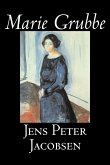". . . All things whate'er they beHave order among themselves: and this is Form,That makes the universe resemble God." Henry Wadsworth Longfellow (1807-82) was America's most widely read poet of the 19th century. Yet little remembered today is the ambitious and laborious project of his middle years: his translation for New World readers of Dante Alighieri's epic trilogy of a journey through Hell, Purgatory, and Heaven. In Paradiso, the third and final book, Dante enters the realms of the upper Heavens, where he and others rail against the avarice, luxury and corruption of ecclesiastics -- and where no less than Saints Peter, James and John challenge Dante on questions of Faith, Hope, and Charity. Dante learns of the creation of the angels, the fall of Lucifer, and gains final insight into the mystery of human and divine nature, in this fitting sequel to Inferno and Purgatorio.
Hinweis: Dieser Artikel kann nur an eine deutsche Lieferadresse ausgeliefert werden.
Hinweis: Dieser Artikel kann nur an eine deutsche Lieferadresse ausgeliefert werden.

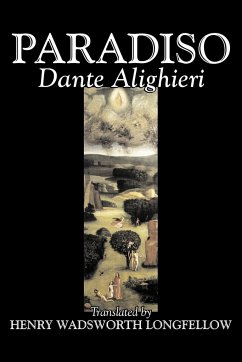
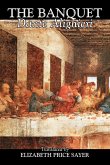
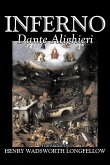
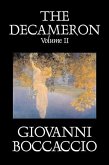
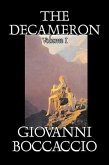
![Dante's Paradiso (The Divine Comedy, Volume III, Paradise) [Translated by Henry Wadsworth Longfellow with an Introduction by Ellen M. Mitchell] Dante's Paradiso (The Divine Comedy, Volume III, Paradise) [Translated by Henry Wadsworth Longfellow with an Introduction by Ellen M. Mitchell]](https://bilder.buecher.de/produkte/49/49140/49140855n.jpg)

